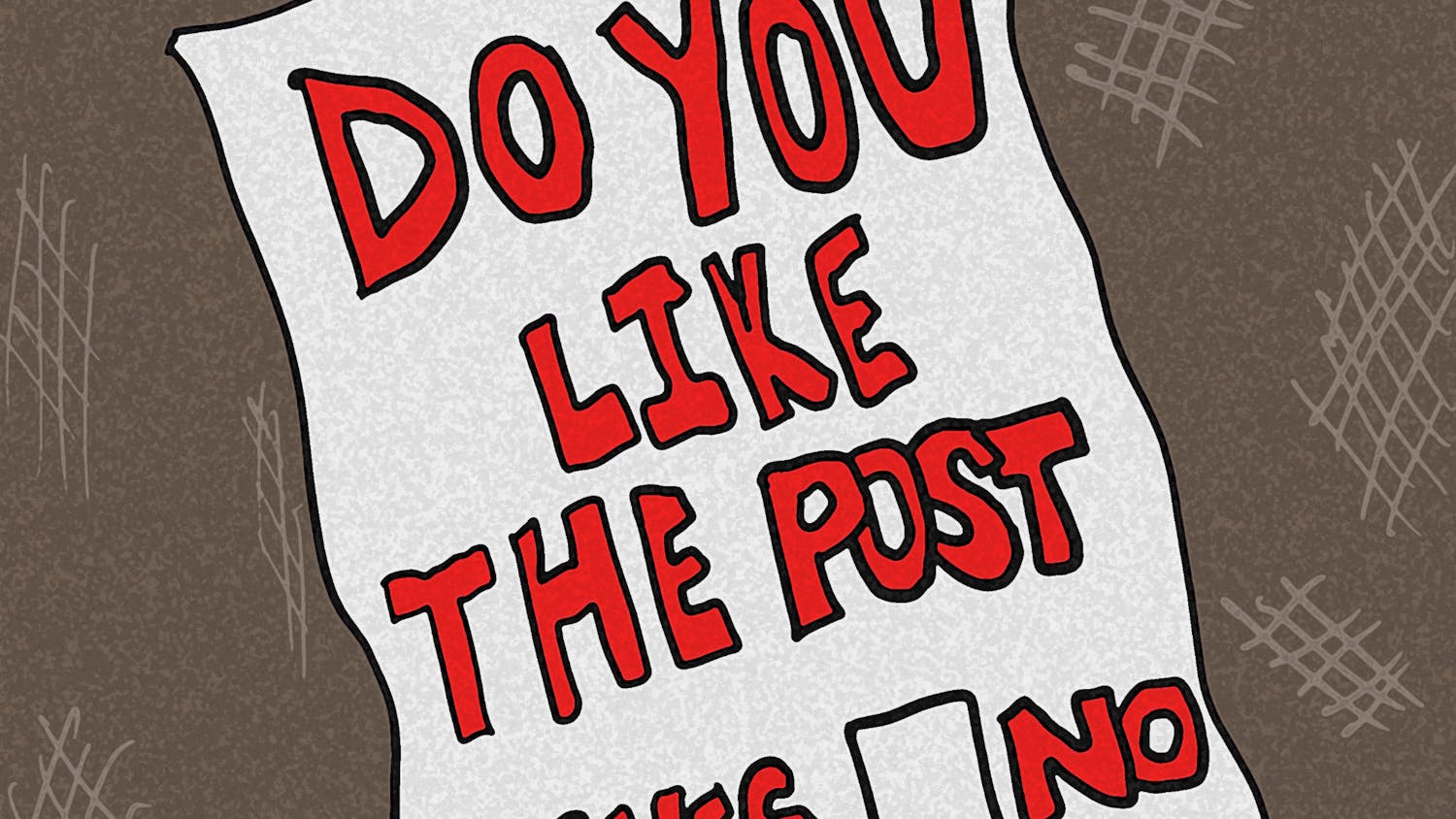When Major League Baseball opted to expand instant replay for the 2014 season, it was hard for some fans to be optimistic.
At first, I was one of those traditionalists when it came to preserving the nature of baseball. As a lifelong enthusiast, I was afraid the induction of replay would channel out what distinguished baseball from other sports: the reliance of the human element.
Unlike in other major professional sports, baseball required officiating to be involved with all aspects of the game — every pitch, every play and every call.
But now calls can be overturned by managers because of a new challenge system that has thus far toned down arguments between umpires and coaches, which has also long been viewed as a crucial and unique element of baseball.
There are a lot of downsides to expanded replay. But judging how the system has been implemented during the opening week of the season, my original opinion has changed.
The first managerial challenge occurred on March 31 in a game between the Pittsburgh Pirates and the Chicago Cubs. First base umpire Bob Davidson called the Cubs’ Jeff Samardzija out on a call at first base, but his manager Rick Renteria challenged the close play and replay confirmed the ruling.
One of the many things people worried about in regards to replay was the amount of time it would take to review the call, and if it would add to the already lengthy course of the game.
How long did baseball’s first challenge review take? Two minutes.
Sure, there will be times when a call is harder to make, such as a case when a play is overturned. But even for those, fans should not expect more than a five-minute wait.
Each manager begins with one challenge per game, and it has to be used before the sixth inning, so time should not be much of an issue when it comes to replay.
But time aside, the main issue for people opposed to replay is the loss of passion.
Through the first week, there were several instances when the manager exited the dugout and confronted the umpires simply to stall while other team officials determined whether or not he should challenge the play. There was a gesture either way from the bench, and the manager acted as directed.
It is reasonable to predict that ejections will decrease this season because replay has lessened the incentive to passionately argue a call.
And although many aspects of games are now subject to replay, balls and strikes remain completely in the hands of the umpire — and those are generally the cause for the most stir, anyway.
Baseball’s passion and intensity is within those who play the game, with replay or not. The players will not lose their drive regardless of whether a man or a machine is making the calls, and that is something that traditionalists, like myself, must come to terms with.
@kelsey_surmacz4
ks363012@ohiou.edu






